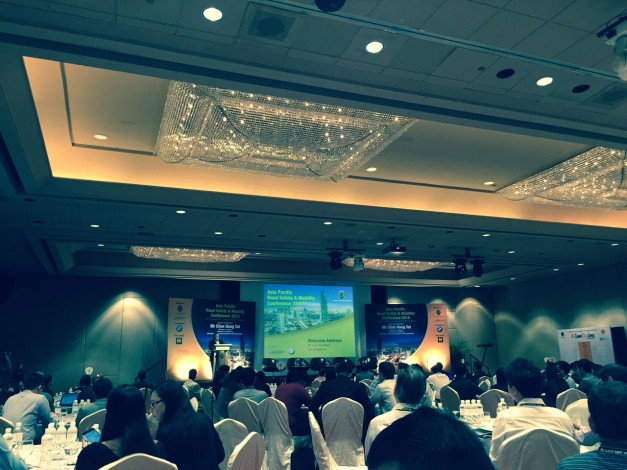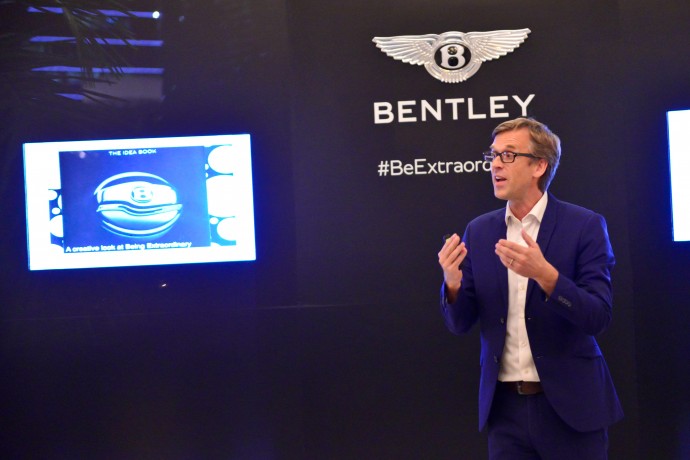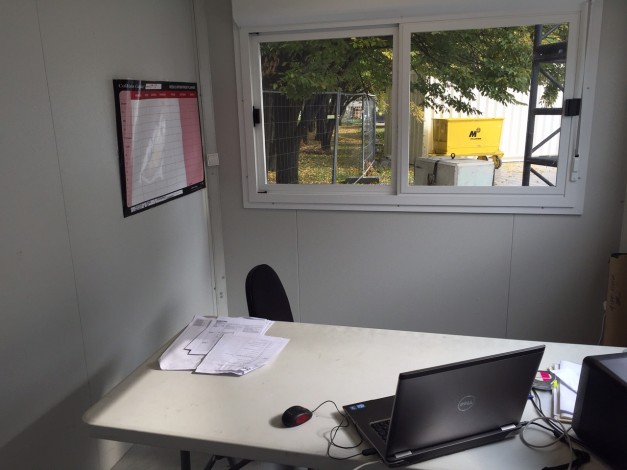
I have made a career out of being a professional non-expert.
Like today – when a large group of experts from government and companies met at the Mandarin Orchard Hotel in Singapore for the Asia Pacific Road Safety & Mobility Conference
Global Experts from all over the world had been flown in to give their view on the future of safe road travel.
The list of speakers included experts like
Professor Tobias Wallisser, Co-founder, Laboratory for Visionary Architecture (LAVA) from Germany speaking on “How Future Mobility will Transform the City”
Mr Eric Noble, Founder, The CarLab, from the USA, speaking on “The Future of the Car “
Mr David Ward, Secretary General, Global NCAP, from the UK, speaking on “Road Map for Safer Cars 2020”
| Dr Cosmas Asam, Vice President, Strategy, BMW AG, from Germany, speaking on “A New Approach to Mobility” |
| and
Mr Chee Hong Tat, Singapore Minister of State, Ministry of Health & Ministry of Communications and Information |
And so on.
There was only one non-expert speaker:
Me.
A person who with any stretch of the imagination cannot be called an expert on road safety.
So why did they select me to be one of the speakers?
Because it makes a lot of sense to bring in someone to give a different perspective, because when all are coming from the same industry, have similar background and experiences then the ideas presented tend to be the same.
It is often the job of a professional speaker.
It’s like how kings historically used to have a Jester who could speak the uncomfortable truth in front of the king without the risk of being killed. Or how Ceasar had a slave whisper “you are mortal” in his ear so he would not start to think he was a god with all the praise he would be getting from “yes sayers” around him.
So does that mean that speakers are just modern day jesters or slaves?
Yes, in a way it does. And I am fine with it. It is actually a very honourable job to be speaking the truth (or perhaps I should be saying: “speaking an alternative truth”.)
Because it is not that the industry experts are wrong.
It is just that it is always dangerous when one “truth” become “the truth” in an industry.
And that’s why it makes sense to bring in someone who know nothing about an industry to speak at an industry conference.
Lesson: Take pride in being the one with a different expertise. It’s one of our strongest selling points as speakers.
ps.
Road safety is one of the world’s most interesting industries in the world. Road accidents is one of the top 10 killers of humans globally. United Nations have declared that the world is going to tackle this fact in a big way the next 15 years and the (very ambitious) goal is to reduce the number of traffic deaths by 50% (!) in 15 years. Now that is going to happen while we will, in the same 15 years, add another 1 billion (!) new cars on our roads (which means doubling the number of cars on the road.)
(Suggestion: Submit your email address in the form to the right to get a convenient email summary in your inbox every time 10 new posts have been posted.)
Contact Fredrik by clicking on the email symbol below.

